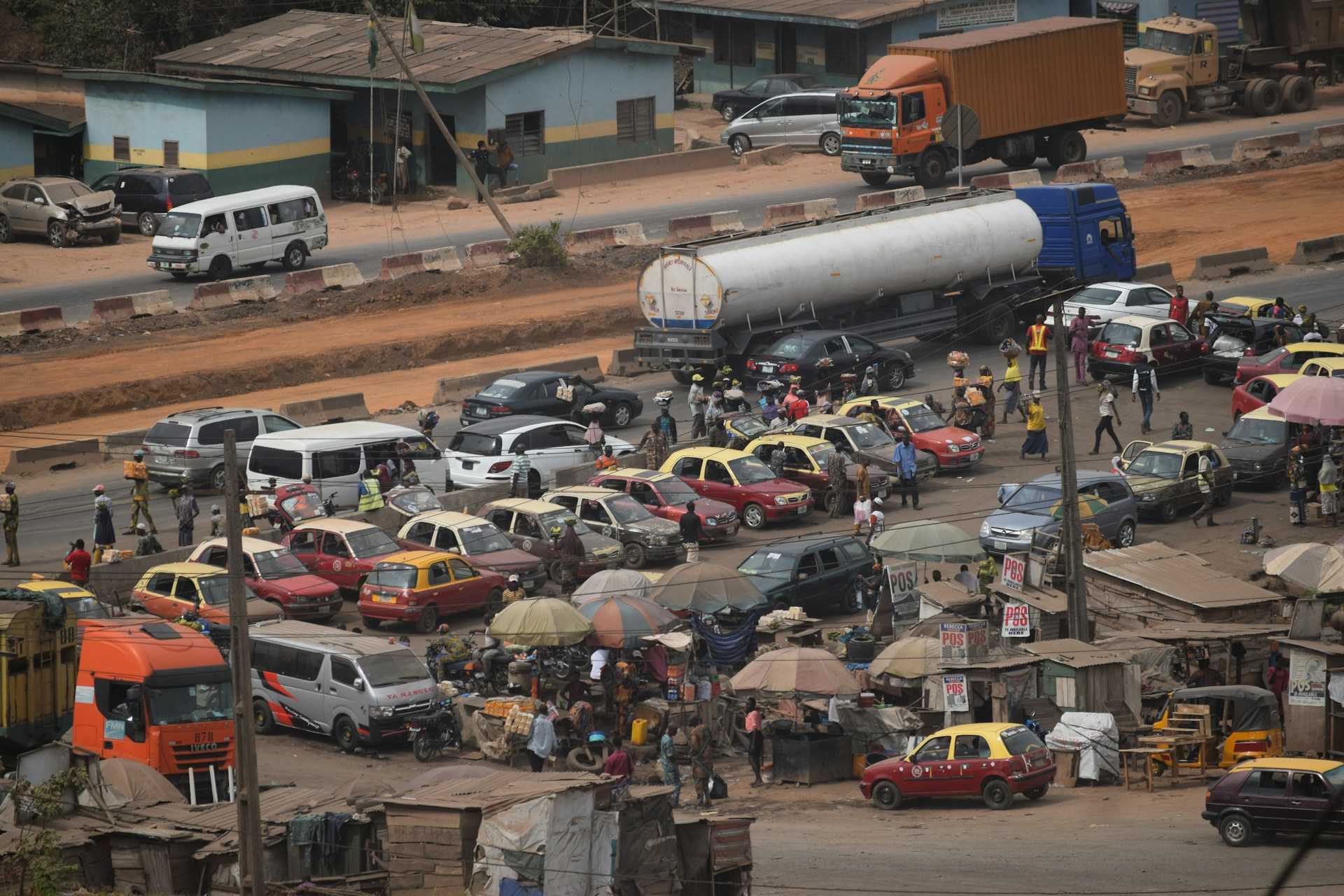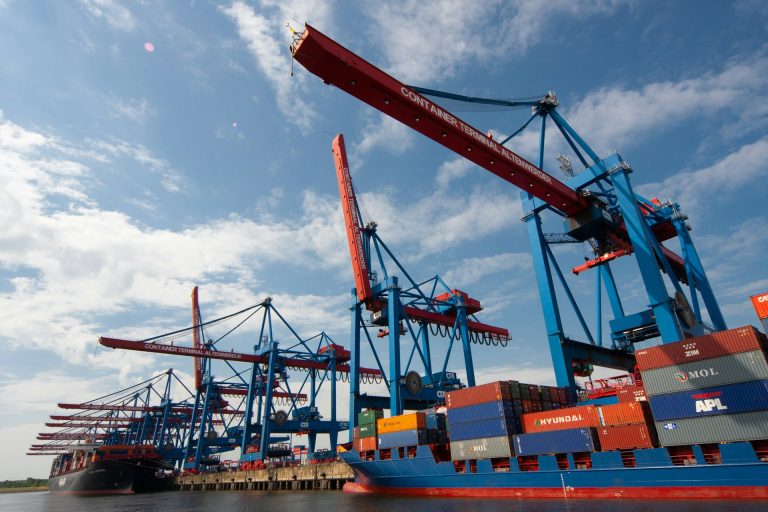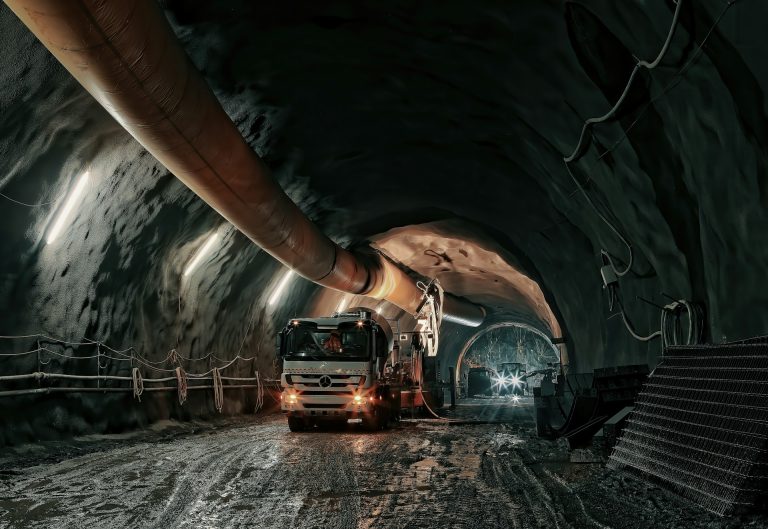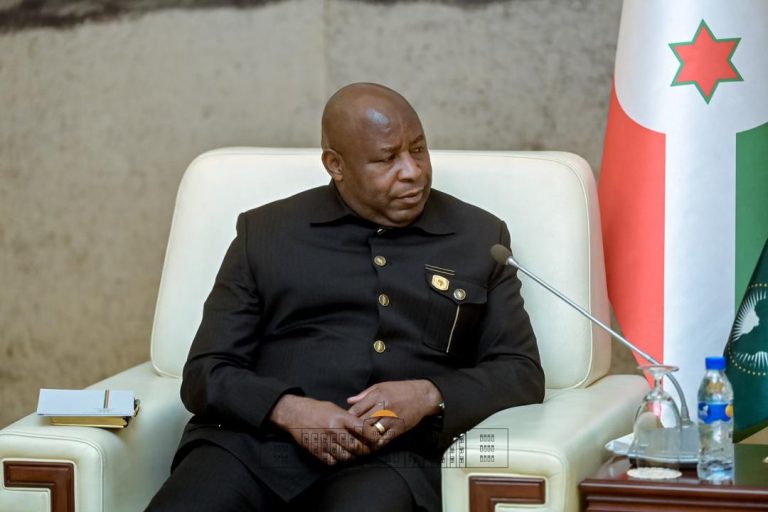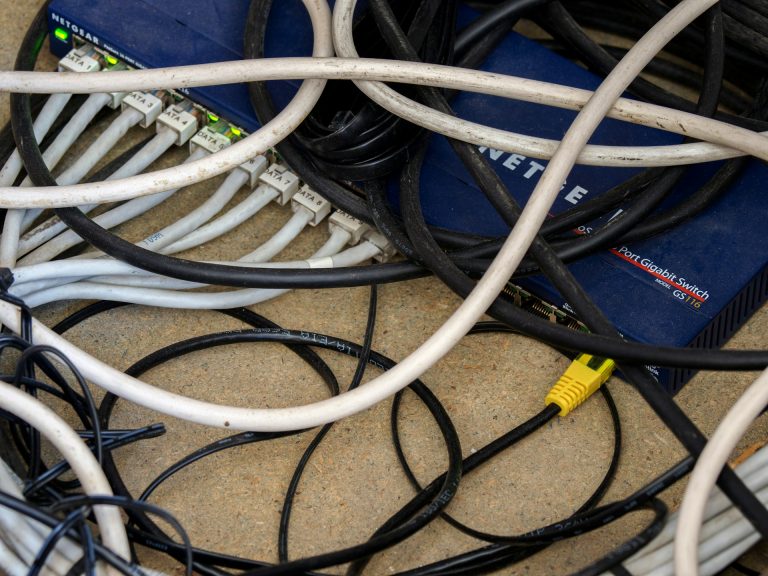- Nigeria cancels 1,263 mining licences in sweeping crackdown
- Government aims to clean up idle titles and boost mining sector
ABUJA, NIGERIA – Nigeria has revoked 1,263 mineral licences in what officials called the largest single enforcement action in the country’s mining sector.
Solid Minerals Development Minister Dele Alake said the cancellations targeted operators who failed to pay annual service fees, the minimum proof of active engagement required by law. The move, he said, was a decisive signal that “business as usual” in the industry is over.
“The era of obtaining licences and keeping them in drawers for the highest bidder while financially capable and industrious businessmen are complaining of access to good sites is over,” Alake said.
“The annual service fee is the minimum evidence that you are interested in mining. You don’t have to wait for us to revoke the license because the law allows you to return the license if you change your mind.”
The cancelled titles cut across every mining category: 584 exploration permits, 65 mining leases, 144 quarry licences and 470 small-scale mining operations. The revocations bring the total number of cancelled licences in less than three years to 3,794, including 619 for unpaid fees and 912 for dormancy.
Alake said the enforcement drive would continue. “That should be a good signal to others that it is no longer business as usual,” he said.
Mining’s unrealised potential
Nigeria’s mineral wealth is estimated at $750 billion – roughly double the country’s GDP – spanning 44 different mineral types. Yet despite this abundance, mining has contributed less than 1% of GDP in the past five years, according to the Extractive Industries Transparency Initiative.
Analysts say the reasons include weak enforcement, limited government funding and lack of transparency. Before 2023, Nigeria invested just $2 million in exploration, compared to $40 million in Sierra Leone and $148 million in Côte d’Ivoire.
Paul Alaje, chief economist and partner at SPM Professionals, said stronger oversight is essential if the sector is to deliver on its promise. “The sector is not transparent,” he said. “It’s important to carry out an audit. How resources convert to liquidity in the sector is highly unmonitored.”
Officials say the latest purge of idle licences is part of efforts to diversify Africa’s largest economy away from oil, attract new capital, and create jobs. But industry watchers caution that investors will want regulatory clarity before committing to large-scale projects.
The government insists the crackdown is proof of its determination. As Alake put it: “This is not just a clean-up; it’s a reset of the entire sector.”
